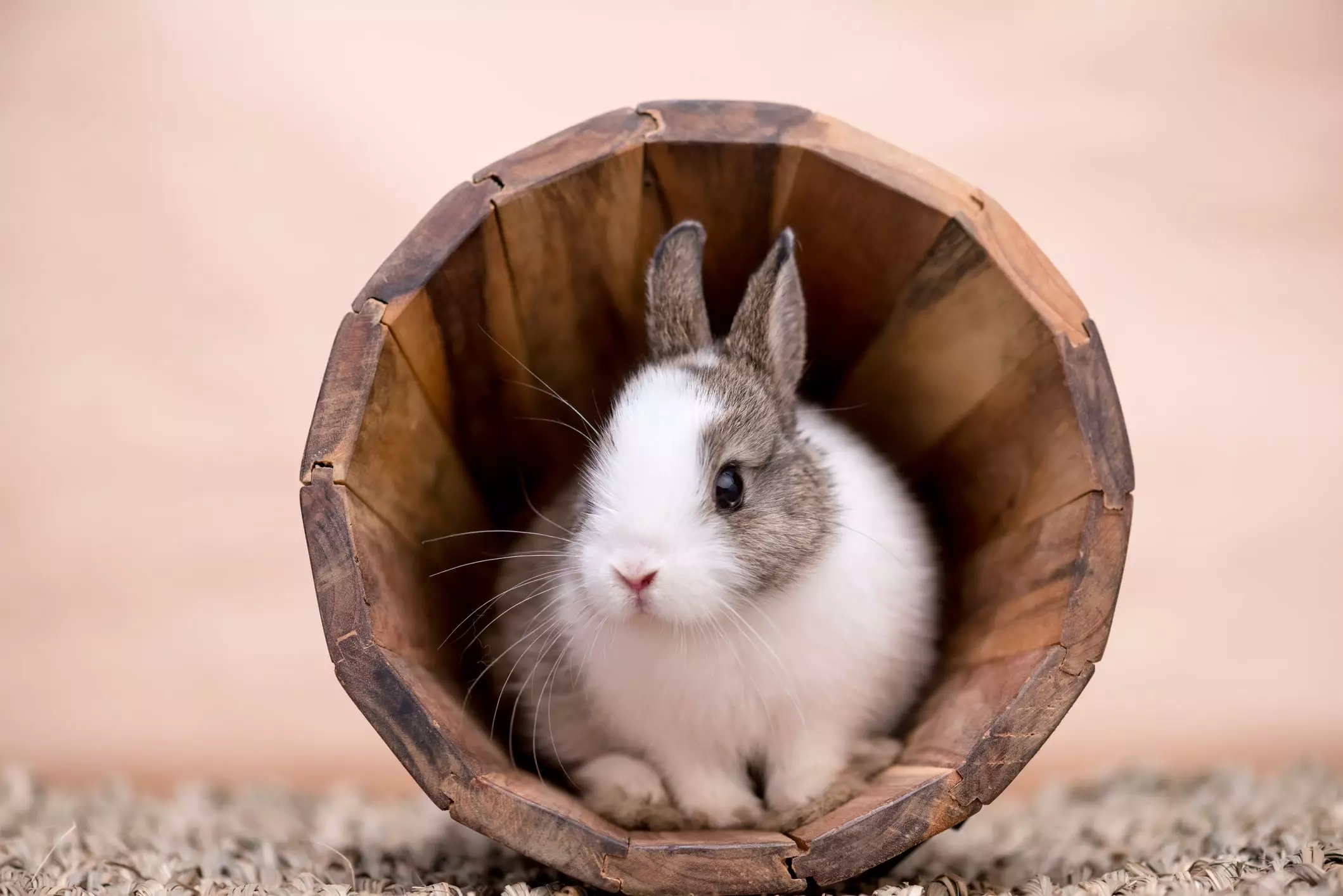Bringing a rabbit into your home can be a rewarding experience, but it is essential to treat this decision with the utmost seriousness. Unlike other common pets, rabbits have a long lifespan, often living up to a decade or more. This duration underscores the importance of being prepared for a long-term commitment and understanding the specific needs of these enchanting creatures.
Before you decide to adopt a rabbit, consider the commitment involved. This isn’t merely a temporary arrangement; it is a long-term relationship that can last for many years. Potential rabbit owners should conduct thorough research into the species’ needs and behaviors, acknowledging that a rabbit is not a pet that can be neglected. Their lifespan, coupled with their social nature, means they thrive on interaction and the bonds they form with their human families. Investing time in learning about their requirements will lead to a deeper, more gratifying companionship.
When evaluating a potential pet rabbit, health is paramount. Observing the rabbit closely can help identify any visible signs of illness or distress. Look for indicators such as fur quality, activity levels, and general demeanor. While no animal is free from the risks of health issues, steering clear of rabbits showing signs of sickness can save new owners from heartbreak down the road. Additionally, getting acquainted with your rabbit’s unique personality early on is a vital aspect of your bonding experience.
To ensure a healthy pet, consider adopting from local shelters or rabbit rescues. Many rabbits in these organizations are seeking loving homes and often come with more affordable adoption fees than purchasing from breeders or pet stores. Starting your journey at a rescue can also contribute to the welfare of rabbits in need and promote a compassionate approach to pet ownership.
Providing an appropriate living space for a rabbit is crucial; the environment should be both comfortable and stimulating. Whether opting for a hutch or a cage, ensure it is spacious enough to allow for movement and exploration. The key is to choose a home that combines accessibility with cleanliness. A well-designed living space enhances your rabbit’s quality of life and encourages appropriate behaviors.
However, merely providing a cage is not sufficient for a rabbit’s well-being. Regular out-of-cage playtime is imperative for exercise and socialization. In addition, focus on bedding and litter options that are easy to maintain and affordable. Over time, you’ll appreciate the value of a setup that facilitates easy cleaning while also catering to your rabbit’s comfort.
The dietary needs of rabbits extend beyond basic pellets; they require a balanced diet rich in fiber. Unlimited access to fresh hay is crucial, as it forms the foundation of a rabbit’s nutritional needs. Additionally, integrating fresh greens and vegetables into their meals is important for promoting health and vitality. Familiarizing yourself with what constitutes a balanced diet for rabbits is an essential aspect of responsible pet ownership.
Neglecting the dietary requirements of rabbits can lead to serious health problems. To cultivate a strong foundation of health and wellness, new owners should explore dietary guidelines that encompass the right proportions of various food types.
Rabbits are naturally curious and energetic animals. Providing a variety of toys and enrichment activities will keep them mentally stimulated and physically active. Boredom can lead to destructive behaviors and even emotional distress, making it vital to engage your rabbit with items they can explore, chew, and manipulate. Engaging with your rabbit in playtime enhances bonding and allows owners to better understand their bunny’s personality.
Training can also be an effective way to channel a rabbit’s natural tendencies into more manageable behaviors. While it may require patience, litter training your rabbit fosters a respectful environment that benefits both pet and owner. Furthermore, understanding your rabbit’s body language and sounds enriches your mutual relationship and allows for a more fulfilling pet-owning experience.
Routine grooming is an often-overlooked aspect of rabbit ownership. Regular brushing minimizes shedding and helps maintain the overall health of the rabbit’s coat. It will also be necessary to schedule regular visits to a veterinarian who specializes in rabbit care. Establishing a good relationship with a vet ensures your rabbit will receive necessary vaccinations and health screenings, which are invaluable for their well-being.
Becoming a rabbit owner entails the responsibility of nurturing a complex, sensitive creature that requires attention, love, and care. By understanding their unique needs, you lay the groundwork for a rewarding companionship filled with joy and support.

